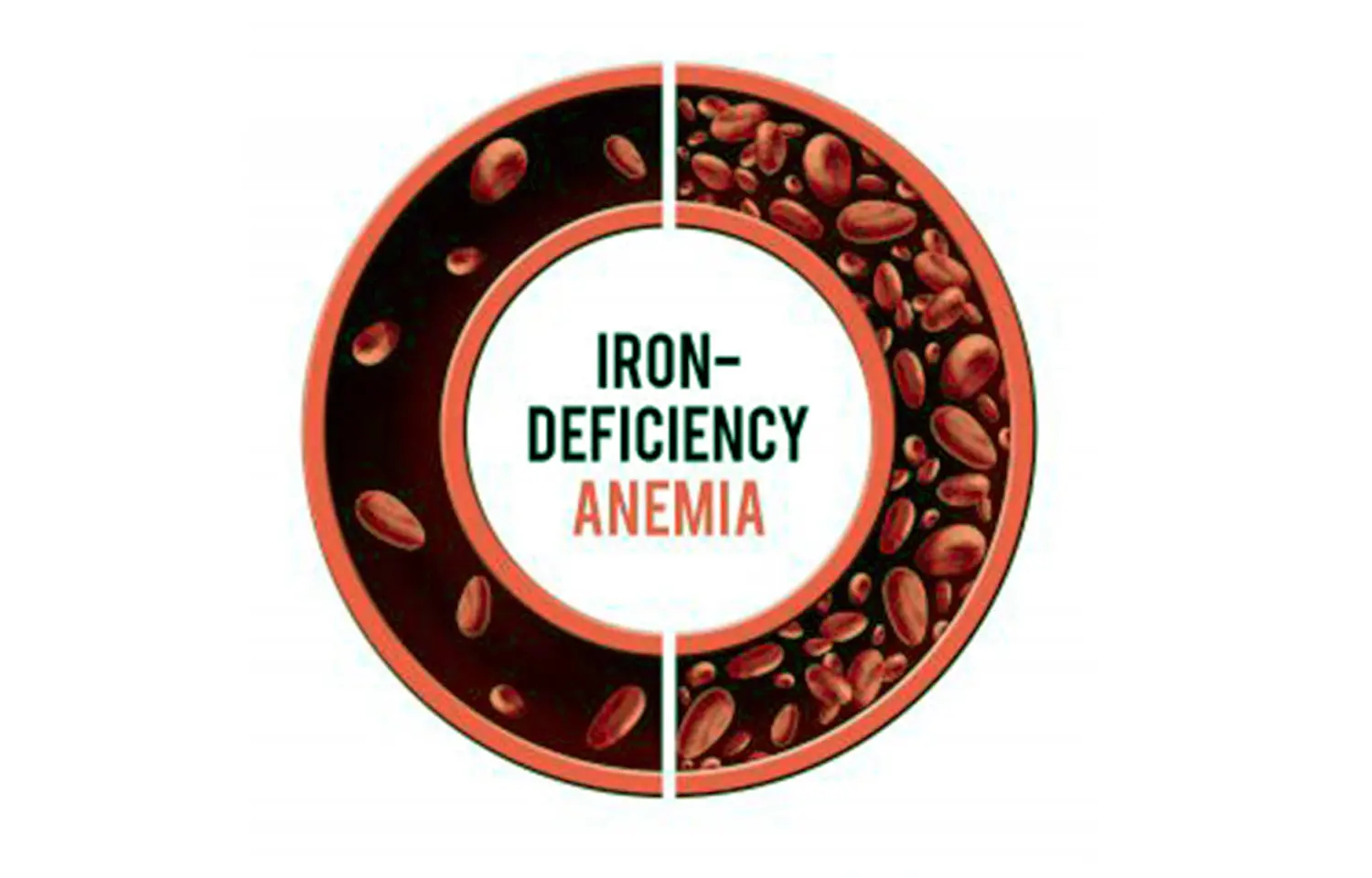- Home
- Medical news & Guidelines
- Anesthesiology
- Cardiology and CTVS
- Critical Care
- Dentistry
- Dermatology
- Diabetes and Endocrinology
- ENT
- Gastroenterology
- Medicine
- Nephrology
- Neurology
- Obstretics-Gynaecology
- Oncology
- Ophthalmology
- Orthopaedics
- Pediatrics-Neonatology
- Psychiatry
- Pulmonology
- Radiology
- Surgery
- Urology
- Laboratory Medicine
- Diet
- Nursing
- Paramedical
- Physiotherapy
- Health news
- Fact Check
- Bone Health Fact Check
- Brain Health Fact Check
- Cancer Related Fact Check
- Child Care Fact Check
- Dental and oral health fact check
- Diabetes and metabolic health fact check
- Diet and Nutrition Fact Check
- Eye and ENT Care Fact Check
- Fitness fact check
- Gut health fact check
- Heart health fact check
- Kidney health fact check
- Medical education fact check
- Men's health fact check
- Respiratory fact check
- Skin and hair care fact check
- Vaccine and Immunization fact check
- Women's health fact check
- AYUSH
- State News
- Andaman and Nicobar Islands
- Andhra Pradesh
- Arunachal Pradesh
- Assam
- Bihar
- Chandigarh
- Chattisgarh
- Dadra and Nagar Haveli
- Daman and Diu
- Delhi
- Goa
- Gujarat
- Haryana
- Himachal Pradesh
- Jammu & Kashmir
- Jharkhand
- Karnataka
- Kerala
- Ladakh
- Lakshadweep
- Madhya Pradesh
- Maharashtra
- Manipur
- Meghalaya
- Mizoram
- Nagaland
- Odisha
- Puducherry
- Punjab
- Rajasthan
- Sikkim
- Tamil Nadu
- Telangana
- Tripura
- Uttar Pradesh
- Uttrakhand
- West Bengal
- Medical Education
- Industry
AGA Guidelines recommend Bidirectional endoscopy for most patients with iron deficiency anemia

Bethesda, MD -- The American Gastroenterological Association (AGA) has released new clinical guidelines on Gastrointestinal Evaluation of Iron Deficiency Anemia. The guidelines outline an evidence-based approach for the initial gastrointestinal evaluation of chronic iron deficiency anemia in asymptomatic patients. The guidelines have been published in journal Gastroenterology.
Iron deficiency anemia is extremely common worldwide, and a gastrointestinal cause should be considered in all patients without an obvious cause for their anemia.
"Iron deficiency anemia is encountered commonly in clinical practice, yet there is significant practice variability among physicians evaluating these patients," said Cynthia W. Ko, lead guideline author from University of Washington School of Medicine, Seattle. "We're pleased to introduce this guideline, which will walk gastroenterologists through the recommended management of these patients to ensure we find and address early any underlying risk of serious diseases and provide the best possible outcomes for our patients."
Key guideline recommendations:
1. AGA strongly recommends that clinicians carefully document the presence of each iron deficiency and anemia prior to endoscopic evaluation.
2. AGA strongly recommends that gastroenterologists perform bidirectional endoscopy on asymptomatic men and postmenopausal women with iron deficiency anemia. AGA conditionally offers the same recommendation for premenopausal women and encourages shared decision making with these patients. If a patient has GI symptoms, diagnostic evaluation should be tailored accordingly. EGD/colonoscopy (or colonoscopy/EGD) should be performed at the same sitting.
3. Perform non-invasive testing for Helicobacter pylori and celiac disease in asymptomatic patients with iron deficiency anemia prior to bidirectional endoscopy. If positive, begin treatment. AGA recommends against performing routine gastric or duodenal biopsies if non-invasive tests are negative.
4. In uncomplicated asymptomatic patients with iron deficiency anemia and in whom no source of potential blood loss is identified after initial evaluation with bidirectional endoscopy and non-invasive testing, a trial of iron supplementation is recommended before routine evaluation of the small bowel with video capsule endoscopy.
These practice recommendations for the initial gastrointestinal evaluation of IDA were developed using the GRADE framework, with the goal of promoting high-quality and high-value care. IDA is extremely common worldwide, and a gastrointestinal cause should be considered in all patients without an obvious etiology. There are some meaningful differences between this guideline and the British Society of Gastroenterology guideline, which does not recommend bidirectional endoscopy for premenopausal women who do not have symptoms suggesting gastrointestinal disease, a strong family history of colorectal cancer, or age older than 50 years.
For further reference log on to:
https://www.gastrojournal.org/article/S0016-5085(20)34847-2/fulltext
Dr Kamal Kant Kohli-MBBS, DTCD- a chest specialist with more than 30 years of practice and a flair for writing clinical articles, Dr Kamal Kant Kohli joined Medical Dialogues as a Chief Editor of Medical News. Besides writing articles, as an editor, he proofreads and verifies all the medical content published on Medical Dialogues including those coming from journals, studies,medical conferences,guidelines etc. Email: drkohli@medicaldialogues.in. Contact no. 011-43720751


